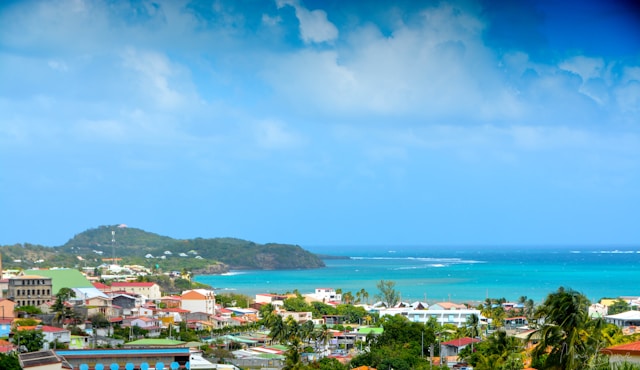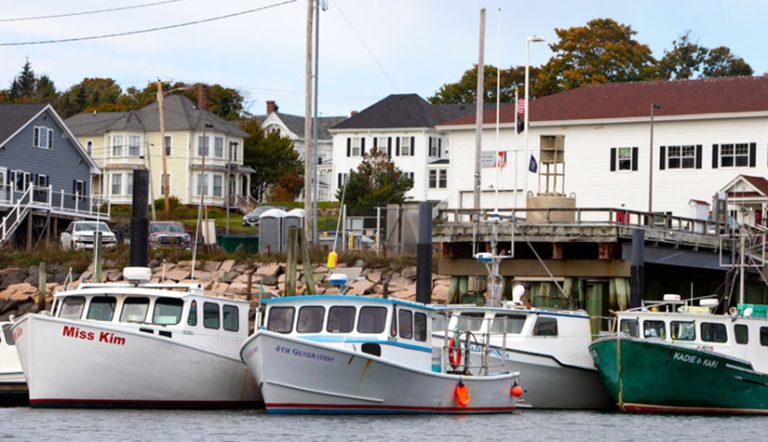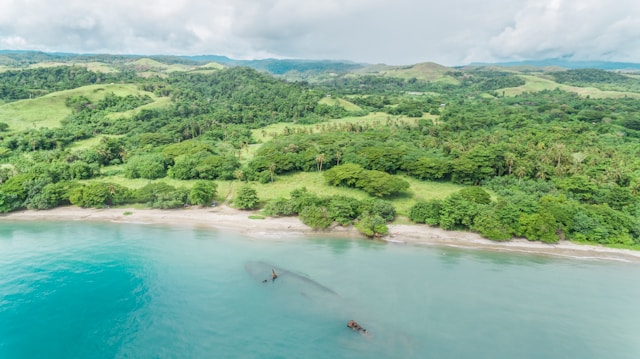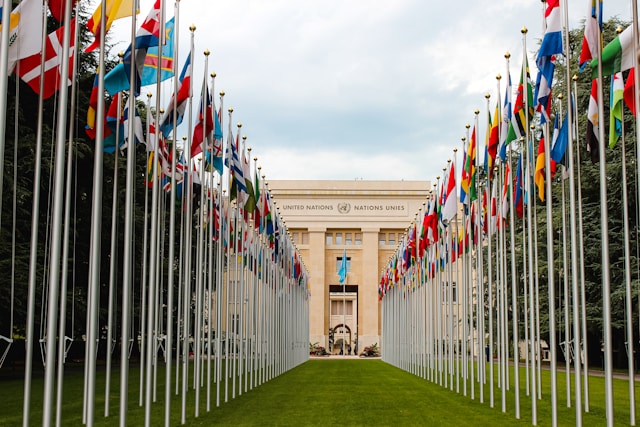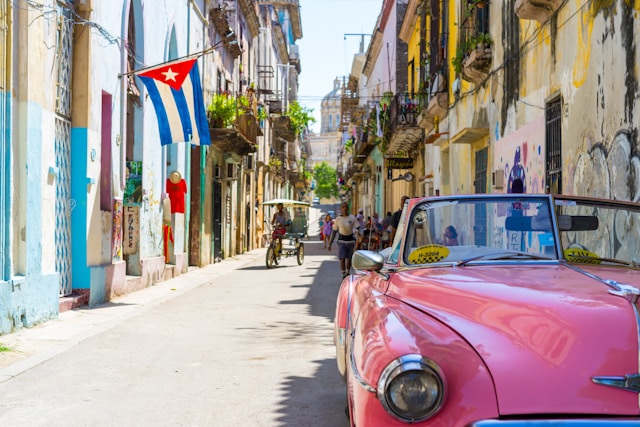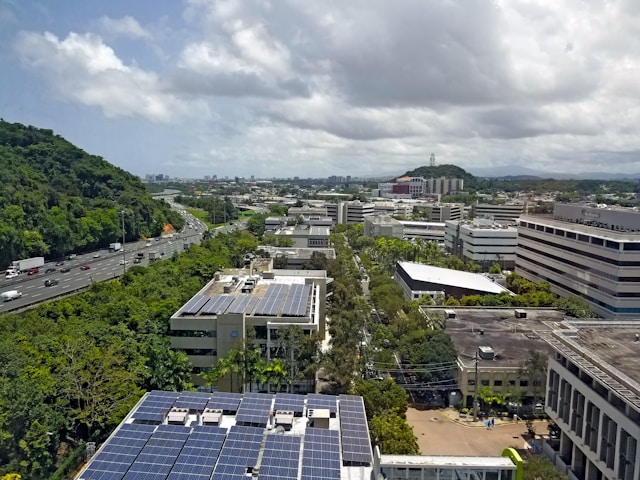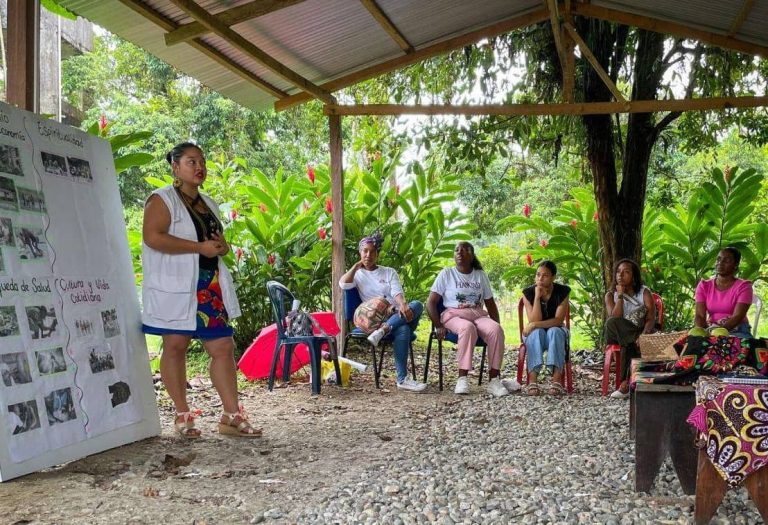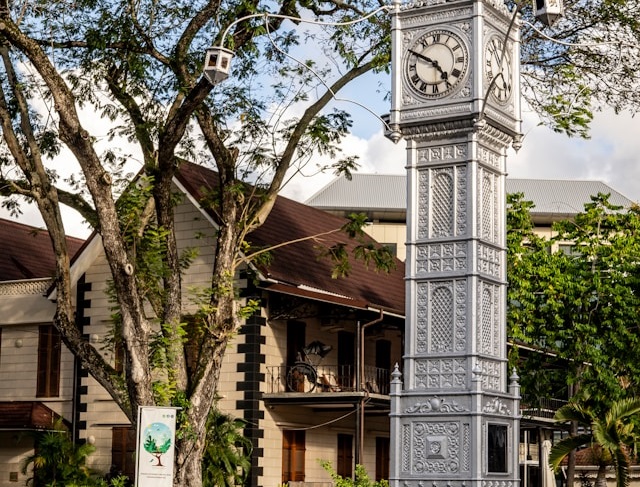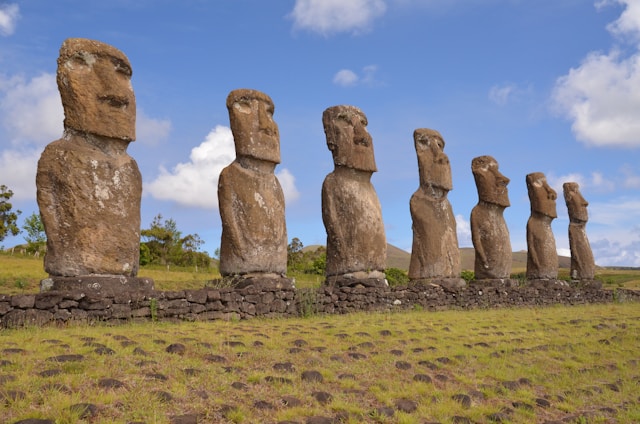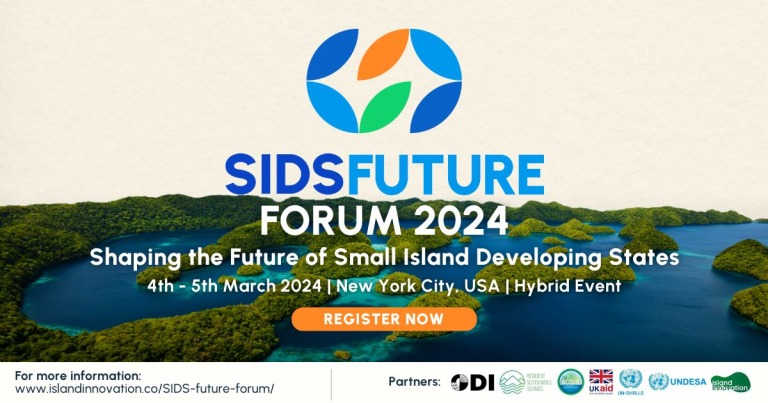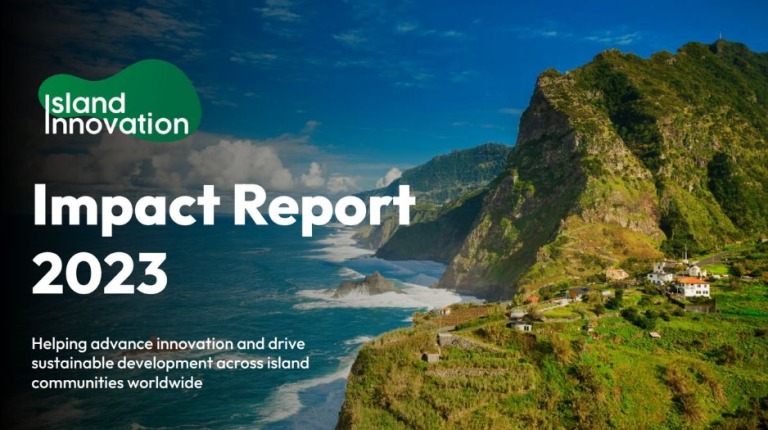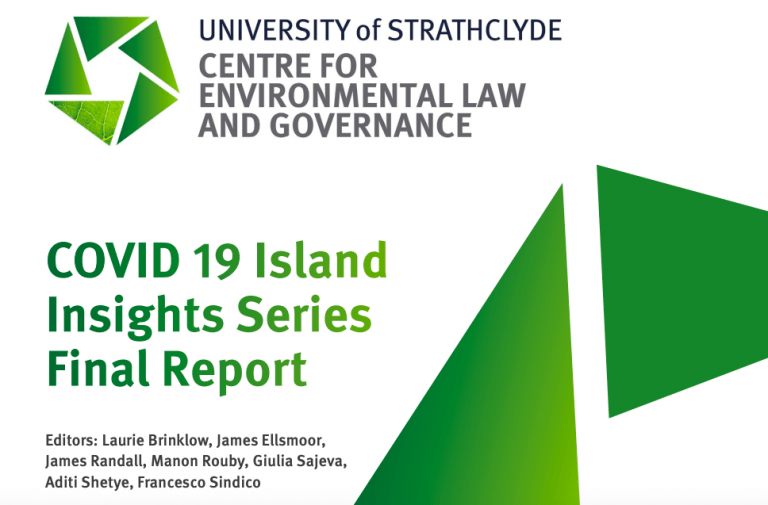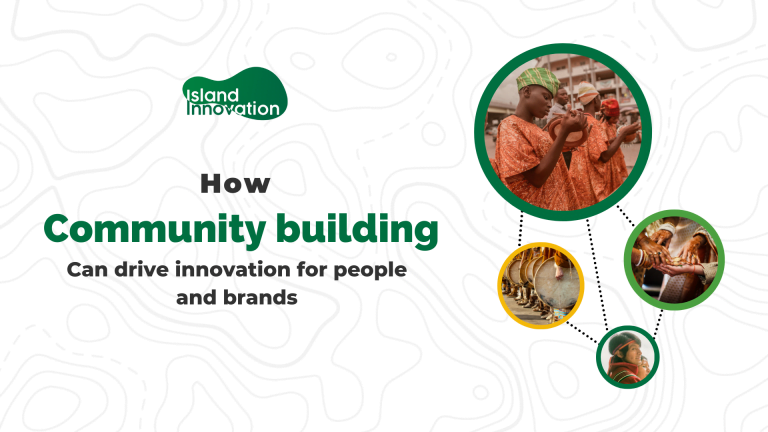Image Retrieved from asiafoundation.org
Excerpt from asiafoundation.org
It’s time for the Pacific Islands to go green. But what does that actually mean, and how can we best move forward? For families already struggling to put food on the table, just thinking about going green can be quite difficult, and for small businesses in the Pacific it can be unsustainably expensive. While most Fijian businesses express a willingness to go green, there is no guidebook, no strategic framework, to help them make the right decisions for their own operations or lobby for greener public policies.
In 2020, as Covid-19 was upending daily life and disrupting global supply chains, Fiji experienced a transformation of the small-business environment. Some 115,000 Fijians lost full-time work, but drawing on their strong traditional culture, they responded with a surge in cottage industries. Family kitchens became factories. Health and beauty products and a newly emerging fusion cuisine helped households support their livelihoods.
With employment and the general state of the economy in limbo, some businesses staked new claims to niche spaces or specialties. Small businesses began to look inside the country for alternative supply chains, while larger companies refocused their strategies from exports to local markets. New entrepreneurs combined traditional knowledge with e-commerce savvy to do business in new ways.
Many also saw an opportunity to explore greener ways of working. In 2020, in partnership with The Asia Foundation–Pacific Islands, the Women Entrepreneurs Business Council of Fiji (WEBC) embarked on an ambitious project called Green Wave: Advancing Women’s Green Entrepreneurship in Fiji.
…
The Green Policy now offers these businesses a robust framework for greener practices that addresses environmental, social, and economic issues and identifies partners and suppliers that align with the policy standards. The massive achievement of the Green Policy exemplifies what a locally empowered women’s group can do to create real change for sustainability.



